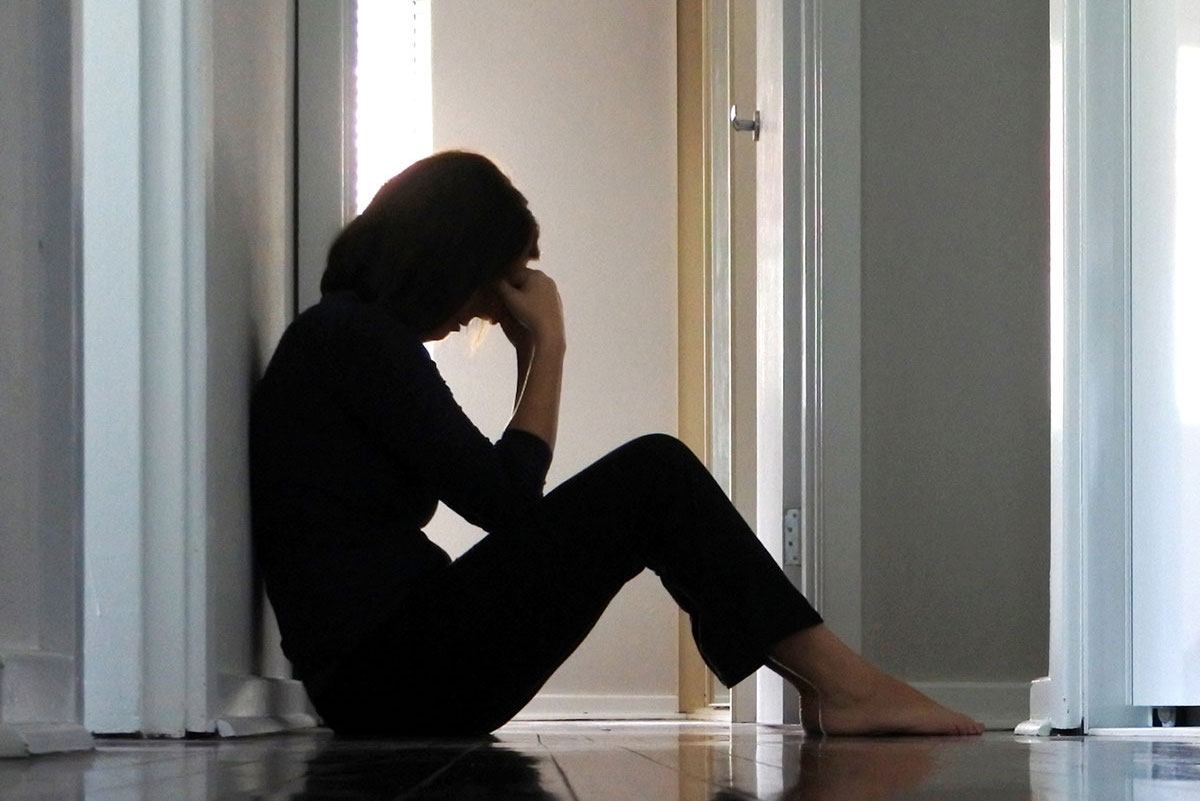Attempted suicide can be devastating for friends and family members. Feelings such as anger, fear, confusion, shock, and disbelief are all normal. If your loved one has attempted suicide, you may wonder how you can help them. Here are some things to do (and not do) for a loved one who has attempted suicide.
Hospitalized After a Suicide Attempt
The emergency department staff is in “crisis mode” and working to make your loved one physically and mentally stable. Afterwards, providers can help create a treatment plan.
- Let personnel know if your loved one has struggled with drugs or alcohol.
- Inform them of changes to your loved one’s health or mental state.
- Tell providers about known risk factors for suicide, such as weapons in the home, an abusive relationship, or significant stressors like job loss or a breakup.
- Tell them what type of treatment and support your loved one is comfortable with.
- Tell providers if your loved one wrote a suicide note or began to give away possessions.
- Bring a list of the individual’s current medications, diagnosed health concerns, and health provider contact information.
What to Do After Hospital Discharge
Both short-term and long-term strategies can help support a suicide survivor. Soon after the attempt, provide the following for your loved one:
- Schedule counseling. Ideally, schedule the first session before your loved one is discharged from the hospital. Offer to help find a counselor, take them to their session, and even sit in the session with them, if desired.
- Create a safe space for them to talk. They may not feel like it, but make sure they know that it is safe to open up to you if they need it.
- Remove possible methods of suicide. Many suicide survivors are a risk of another attempt. Temporarily remove lethal weapons from their home or possession. You may need to control their medications for a short time.
- Create a safety plan in case of another attempt.
Long-Term Help After a Suicide Attempt
- Encourage your loved one to take care of themselves, without enabling them.
- Make sure your loved one knows you are there for them.
- Emphasize that they are not alone and not a burden.
- Get help from friends, family, counselors, and other local resources.
- Connect with others who have had similar experiences.
What NOT to Do
- Panic. Although it is normal to be alarmed, afraid, and confused, try to keep calm.
- Avoid the issue. Even if your loved one does not feel like talking, don’t pretend that nothing is wrong. Don’t be afraid to use the word “suicide.”
- Use shame, guilt, blame, or punishment. This applies to both yourself and your loved one.
- Go it alone. You should not be the only person to help care for your loved one. Besides health providers and therapists, also enlist close friends or family members.
- Neglect your own self-care. Helping a loved one who has attempted suicide can be emotionally and physically exhausting. Don’t neglect your own health.
Suicide attempts can affect families long after the survivor is stabilized. Contact us for more information about recovery and how you can help your loved one recover.






